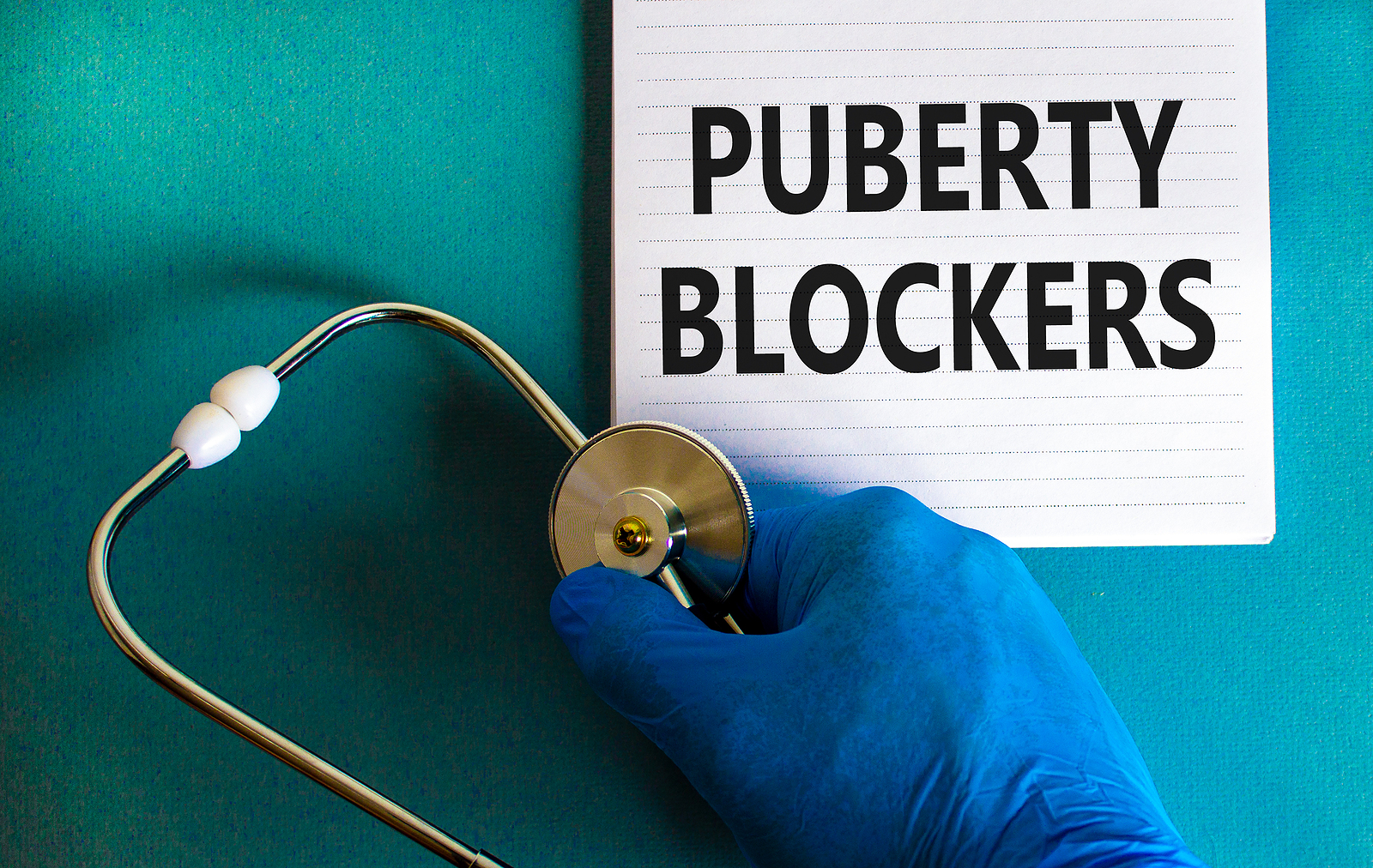
Are children capable of giving informed consent to puberty blockers?
Whether children with gender dysphoria can give informed consent to the medications need to block the onset of puberty is deeply controversial. Many articles have been written about it. The latest appears in The New Bioethics, by Anthony Latham, of the Scottish Council on Human Bioethics. He concludes that “Children cannot consent, and therefore should not be asked to consent to being treated with puberty blockers for gender dysphoria. This does not deny the reality of GD or that future forms of treatment may be acceptable, but it does rule out such an experimental medication which has such profound and potentially very harmful irreversible consequences.”
He frames the question in the context of British law, which relies upon a doctrine called “Gillick competence”. Children under the age of 16 who are deemed “Gillick competent” may consent to medical procedures without the permission or even knowledge of their parents. Typically this has been invoked when teenagers want contraception or an abortion. But Latham points out that Gillick competence depends a lot on the seriousness of the treatment and whether it has unknown consequences.
“A child’s consent to PBs is in theory possible but in view of the experimental nature of PBs and risks associated with them,” he writes, “their Gillick competence to do so must be doubtful.”
Why?
For one thing, Latham observes, it emerged in the Keira Bell case that the UK’s only gender dysphoria clinic had never turned a child away because he or she was Gillick incompetent. He found this troubling. As he observes, the adolescent brain does not mature until well into the 20s. Teenagers are notorious risk-takers and have difficulty with impulse control. Gillick competence might seem a plausible concept in the context of, say, a decision to have an abortion. But, argues Latham, it “does not have the same degree of long-term outcomes that the giving of [puberty blockers] leads to.”
He concludes:
The young brain is biologically and socially immature, tends towards short-term risk taking, does not possess the ability to comprehend long term consequences and is highly influenced by peers. The High Court judges in the Bell V. Tavistock case, ruled that it is very unlikely that a child under 16 could be Gillick competent to give consent for PBs in cases of GD. This is not only because of the immaturity of a child but also because of the unreliability of the recommendations about treatment made by the doctors at the Tavistock clinic, who were denying the experimental nature of PBs and the risks associated.
